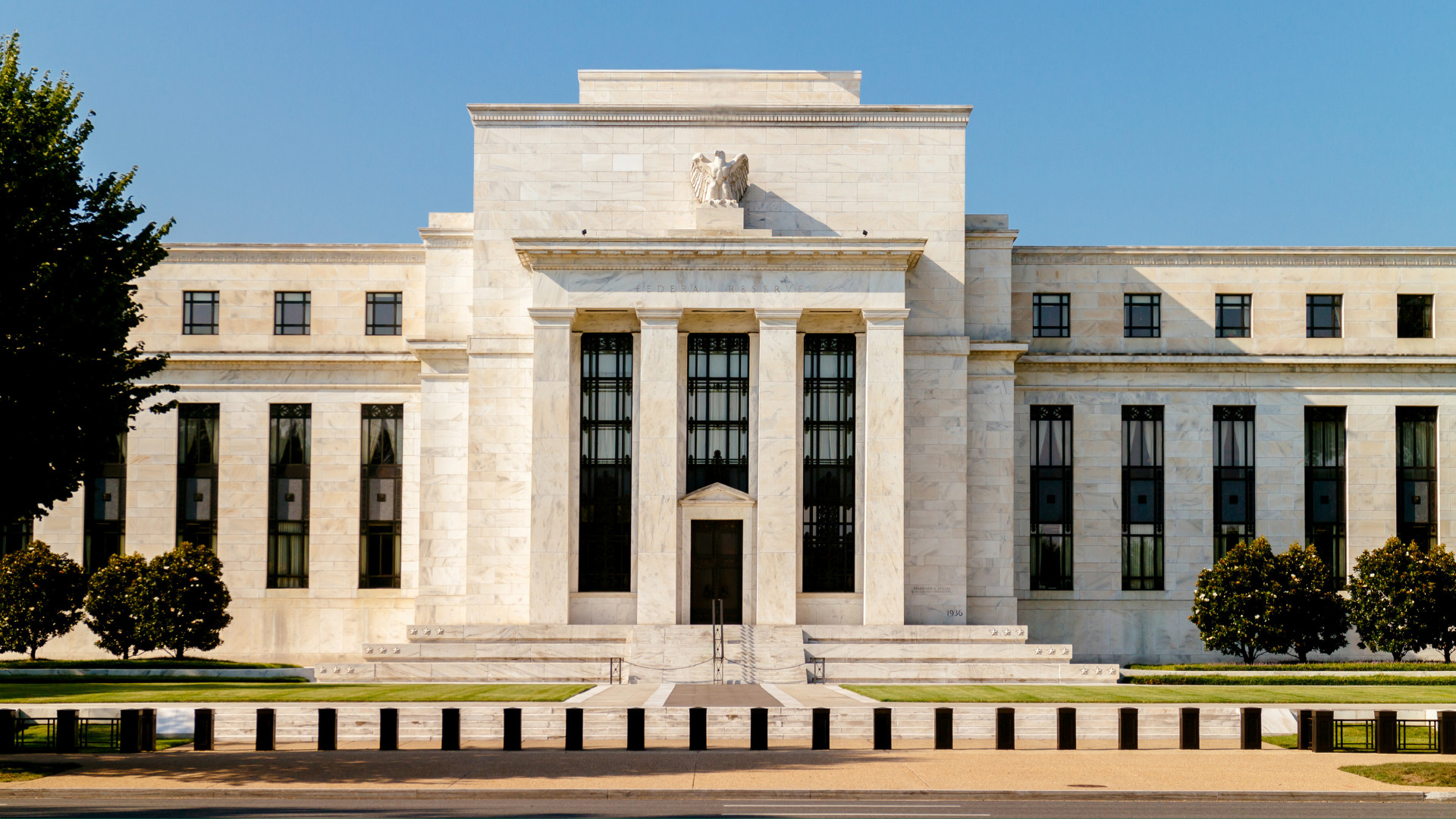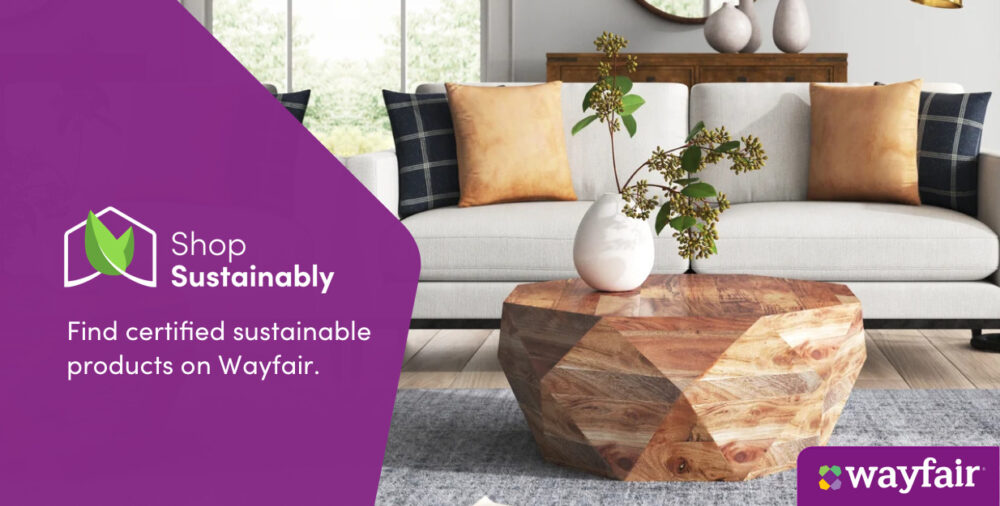In order to set smart and ambitious sustainability goals hotels generally find they must address unique infrastructure, operations, and purchasing challenges, often without a road map. Significant water, energy and cost savings, increases in corporate bookings, an improved guest experience, and higher staff morale are just some of the benefits that make the effort worthwhile.
Forward-looking hotels are also leveraging their sustainable purchasing policies to lure a growing market of wellness-focused travelers. An average-sized hotel purchases more products in one week than 100 families do in a year, representing significant opportunity to reduce waste and create a wellness environment where guests and staff can stay safe from allergy and asthma triggers and reduce their exposure to toxic chemicals and endocrine disruptors found in common household and personal care products.
With an increase in the use of cleaning chemicals amid the COVID-19 pandemic, hotels that use cleaning products that are certified for health, sustainability and effectiveness promote safer indoor air, protecting the health of their guests and employees without sacrificing cleaning performance. This is especially vital for housekeeping staff, who are already twice as likely to experience occupational asthma compared to workers in other professions.
To meet strong sustainability benchmarks, staff report the need for technical training, access to local networks, and support systems for solving problems. Where to begin? For a firsthand account from a property that has succeeded in the journey, we turned to Colleen Sweitzer, Marketing Manager and Co-Champion of the Planet 21 Environmental Committee at the Fairmont Chicago, a Green Seal-certified luxury property at iconic Millennium Park.
Taryn Tuss: Thanks for taking the time to share your experience and insights with us, Colleen. Let’s start with the basics. Could you give a quick snapshot of the building – the year it was built, recent renovations, etc.?
Colleen Sweitzer: The Fairmont Chicago, Millennium Park is a 45 story, 750,000 square foot hotel with 687 guestrooms. The building is Neoclassical in design, constructed of granite and opened in 1987. Guestrooms were refreshed in 2018.
TT: When did the hotel begin to go green and why was it important?
CS: Fairmont Hotels & Resorts has always been a leader in hotel sustainability. Locally in Chicago, we had the extraordinary opportunity to work with the city of Chicago on our 2016 Olympic bid. The bid was built on a core of sustainability and hotels that wanted to participate were encouraged to achieve a Green Seal certification. While Chicago didn’t win the Olympic bid, this opportunity started us down the road and helped us to get to where we are today.
TT: We’ve seen that staff buy-in can make or break a hotel’s sustainability initiative. How do you engage and motivate staff? Why is this important?
CS: Staff buy-in is 100% necessary to be successful. Each member of a hotel team is responsible for the sustainability duties in their areas – for example, recycling or composting. If every member of your team is not ‘all in’ then it can affect policy, training and purchasing.
We are fortunate that we have a culture of environmental responsibility within our hotel that is cultivated by our leadership and supported by our city, Chicago, and our parent company, Accor.
Green Seal has been an invaluable resource in helping us to achieve our goals
TT: How do you involve guests in the hotel’s green initiatives?
CS: We are a luxury hotel, so we must balance good sustainable choices with making sure we are not sacrificing the standards that have made our brand great for more than a century.
For example: Every one of our guestrooms and meeting rooms has a recycling bin, and we have electronic messaging throughout the hotel. We have an electronic newspaper app in lieu of the traditional hardcopy. We also do things that our guests don’t necessarily see, like thoroughly vetting suppliers prior to contracting with them to make sure that our partners are not only environmentally conscious, but also productive members of our community.
TT: What sort of challenges did you overcome when converting and updating systems? Were there any surprises (good or bad)?
CS: A key step is to show long term financial benefits to our key stakeholders. Without their support of our environmental efforts, it would be impossible to convince them to make a greater initial investment. Several strategic equipment purchases over the last few years have proven that there can be a significant ROI in making great sustainable choices when purchasing high-dollar equipment.
TT: Of the sustainability upgrades that you’ve made, what has produced the quickest ROI? What has produced the biggest ROI over time?
CS: In January 2017, we replaced the water pumps in our 45-story hotel. We spent about 10% more by selecting a super energy efficient model. In 2017 alone, we saw a 13% reduction in our electric costs. This savings exceeded the originally estimated ROI of 5 years and actualized at just over three years.
In 2019, we replaced our entire laundry system. The new super energy- and water-efficient tunnel system has reduced our water usage for laundry by more than 50% compared to the previous 30-year-old system.
In 2019, we also purchased a new digester. As a city center property, we don’t have the space to compost and a digester helps us to divert food waste from landfill. The projected ROI on the digester is 5 years; however, we are hoping to exceed that expectation.
TT: What are the top 3 benefits you’ve seen from implementing such a strong sustainability program?
CS: The top benefits are:
- We are saving money by reducing our utility usage
- We are saving money by diverting recyclables and food waste, instead of paying for our waste hauler to dump it in a landfill
- We are making money by attracting groups that look for hotels that mirror their corporate social responsibility policies
And as an added bonus, our entire team is proud of the work we do to minimize our footprint. Which leads to a more dedicated and engaged workforce and by extension ancillary savings on reduced hiring/training costs.
TT: What do you still want to accomplish for the hotel?
CS: We are just finishing up replacing all of the pipes in the hotel. The updated plumbing infrastructure allows us to install low-flow toilets.
As an all-electric hotel, I would love to find a way to subsidize our energy with an alternate power source. We don’t have the land for a turbine or enough space on the roof for solar cells, but we are always looking at options beyond credits.
We have always wanted to find a community partner that not only mirrored our social conscience, but also was a beneficial partnership on additional levels. We have just started working with a local non-for-profit organization, Ignite Promise, that focuses on at-risk teens. This holistic partnership is more than donating product; we are collaborating on job training, mentorship, and helping to facilitate the successful transition from their program.
TT: What is one thing you’ve learned during the process, and do you have any advice for hotel managers who are just beginning the process of greening their properties?
CS: When the Fairmont Chicago started down this road, we were fortunate to have Green Seal and Fairmont Hotels and Resorts to help us navigate policy implementation. My suggestion is to tap into the resources you have available. Many local lodging associations have sustainability programs. When we were starting our journey, I spoke with local and brand colleagues to seek their advice and support. Since that time, I have had the opportunity to share my experiences with hotels looking to implement new procedures in their hotels.
Green Seal has been an invaluable resource in helping us to achieve our goals. The tenor of our relationship has been supportive and without their assistance, we would not have achieved the successes that we have. If you are looking to start this journey, the investment in certification is a good way to get started.
TT: Is there anything else you’d like to share regarding the hotel’s sustainability journey?
CS: Our sustainability efforts have opened up interdepartmental communication and have encouraged connections amongst our colleagues on a personal level. From the line chef that that grows her own produce in her rooftop greenhouse to house person that started an environmental program at her church, embracing the connection that we all share to the earth has been rewarding for all of us.
Conclusion
Global lodging companies including Fairmont parent company AccorHotels are using the United Nations (UN) Sustainable Development Goals as guidance for incorporating sustainability into their operations. The 17 Sustainable Development Goals — the outcome of an historic agreement among world leaders at the UN in 2015 on a universal 2030 agenda for sustainable development – recognize that tourism is an economic powerhouse and the third highest world category in export earnings.
Marriott-Starwood, Hilton International, and InterContinental Hotels Group are also among those implementing some or all of the Sustainable Development Goals, which include a goal for “responsible consumption and reduction” that targets sustainable procurement.
Setting strong targets is only part one of a successful sustainability journey. Making good on your commitments demands determination, partnerships and property-wide staff buy-in. The results are a lower environmental impact, healthier and happier employees and guests, and a boon to your bookings — the triple-bottom-line benefits of leading on sustainability.
This article was reprinted with permission from the Hotel Business Review, www.HotelExecutive.com






